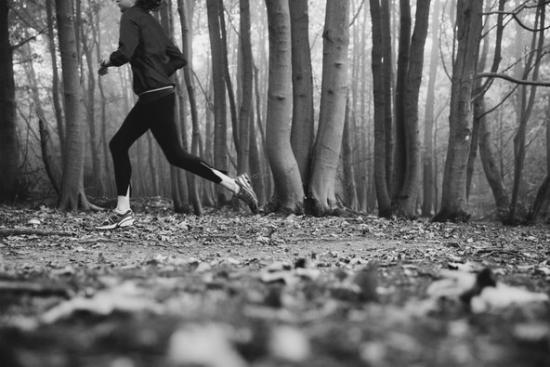
How Exercise May Lower Cancer Risk
By GRETCHEN REYNOLDS FEBRUARY 24, 2016 5:45 AM
The relationship between exercise and cancer has long both intrigued and puzzled oncologists and exercise physiologists.
Exercise is strongly associated with lowered risks for many types of cancer. In epidemiological studies, people who regularly exercise generally prove to be much less likely to develop or die from the disease than people who do not. At the same time, exercise involves biological stress, which typically leads to a short-term increase in inflammation throughout the body. Inflammation can contribute to elevated risks for many cancers.
Now, a new study in mice may offer some clues into the exercise-cancer paradox. It suggests that exercise may change how the immune system deals with cancer by boosting adrenaline, certain immune cells and other chemicals that, together, can reduce the severity of cancer or fight it off altogether.
To try to better understand how exercise can both elevate inflammation and simultaneously protect the body against cancer, scientists at the University of Copenhagen in Denmark and other institutions decided to closely examine what happens inside mice at high risk for the disease.
So, for the new study, which was published this month in Cell Metabolism, they began by gathering a group of adult lab mice. These animals generally like to run.
The scientists then implanted melanoma skin cancer cells into the mice before providing half of them with running wheels in their cages while the other animals remained sedentary. After four weeks, far fewer of the runners had developed full-blown melanoma than the sedentary mice and those that had been diagnosed with the disease showed fewer and smaller lesions. They also were less prone to metastases, even if scientists injected some of the cancer cells into their lungs to stimulate metastases.
In effect, running seemed to have at least partially inoculated the mice against the cancer.
Clickhttp://well.blogs.nytimes.com/2016/02/24/how-exercise-may-lower-cancer-risk/?_r=0 to continue reading







